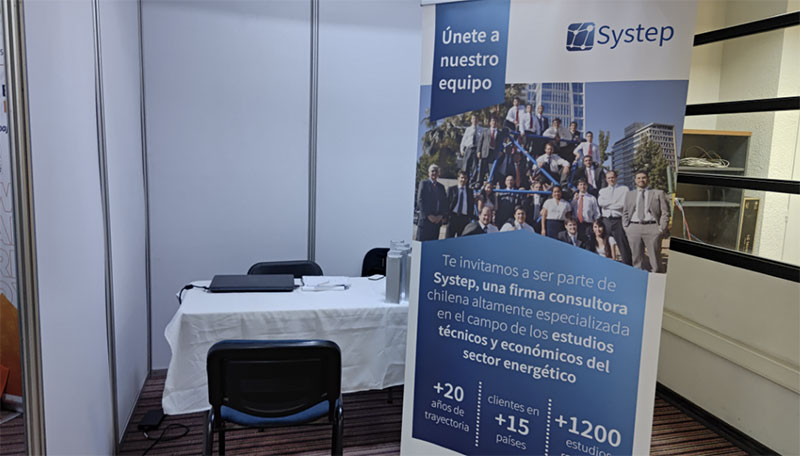
Source: Electricidad Magazine
According to the consultant’s report, “it is important to reconcile the role of tenders with the development of additional capacity that provides flexibility to the system, without necessarily mixing both instruments”.
This is indicated in the monthly report of Systep Ingeniería which analyzed the results of the last bidding process, in which an average price of US$23.8 per MWh was obtained.
According to the consultant, another aspect that draws attention is the possible differences between the scenarios and analyses requested by the National Energy Commission (CNE) to support the bids, and what is considered in the companies’ risk classification report.
“Currently there are no single minimum criteria to ensure that the risk assessment analysis scenarios are comparable between different bidders and rating agencies, not being clear, for example, that aspects such as projected levels of marginal costs, other possible charges (ancillary services, compensation for emissions tax, among others), or the same overcontracting of distribution companies have been taken into account, beyond the general macroeconomic assumptions that may differ depending on the vision of the person performing the analysis. Even in some cases there is information that is not totally consistent between the risk classification report and the offers finally submitted by the companies”, it is indicated.
The consultant’s evaluation suggests that in the future “minimum aspects on which risk classifications should be based could be defined in the bidding conditions, in order to make the reports more homologous”.
“It is important to reconcile the role of tenders with the development of additional capacity that provides flexibility to the system, without necessarily mixing both instruments. It must be taken into account that the technologies that can contribute to the flexibility and complementarity of variable renewable generation are not currently competitive in terms of energy prices. As a country we also have additional challenges imposed by geography or the fact that we do not have, for now, international interconnections, so, unlike other markets worldwide, at least for now we will have to find the solution locally”, states the document.
And it adds: “Currently there are already mechanisms that could be used for this purpose, such as the tenders defined in the complementary services regime (SSCC), which could also be improved and deepened through the creation of a new flexibility product”.





